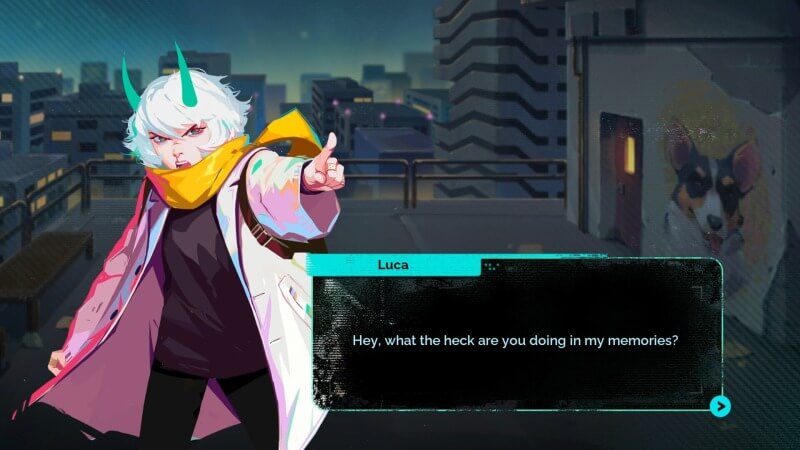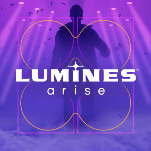For Better And Worse,Possessor(s) Offers a Hellish World You Can Get Lost In
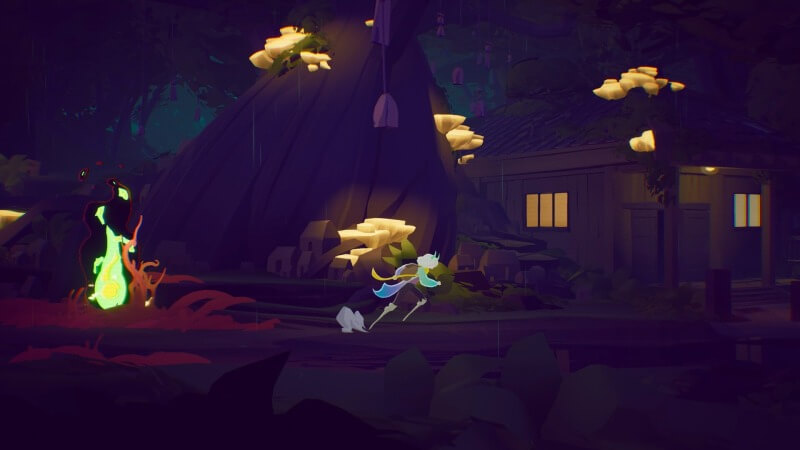
I don’t know if you’ve heard, but a lot of games these days are inspired by a certain 1986 NES title, one that helped popularize backtracking-focused platformers: of course, I’m referring to Metroid. In the decades since, games in this mold—which I’ll refer to as “search action” to avoid using a dreaded portmanteau—have become one of the most popular styles of experience around.
However, while Possessor(s), the latest from Heart Machine (Hyper Light Drifter, Solar Ash, Hyper Light Breaker), squarely falls in this camp, it turns out that its open-ended world design is its least compelling attribute. Instead, the game leaves a mark through its central pair of flawed characters whose relationship begins with utter contempt before they realize they have more in common than sets them apart. Because while Possessor(s)’s open-ended map can cause some real headaches, its brutal and convincing narrative backdrop largely makes it worth trudging through some unpleasant treks.
The story begins with a cataclysm. Luca is a teenage girl living in a corporate metropolis owned and operated by the energy company Agradyne, until one day, the organization’s “experiments” break loose. Having escaped from being used as batteries, demons begin to possess white-collar wrongdoers and bystanders alike. In the chaos, Luka watches her friend die and then loses her legs under falling debris. As she crawls from the wreckage while bleeding out, she meets a similarly dying demon named Rem, who offers a Faustian bargain. He’ll save her life and give her new legs if she offers something in return: let him possess her long enough so he can go back to the demon realm. From here, the two set off on a winding journey that involves gathering up a series of MacGuffins (in this case, human eyeballs needed for a biometric lock) so Rem can get home.
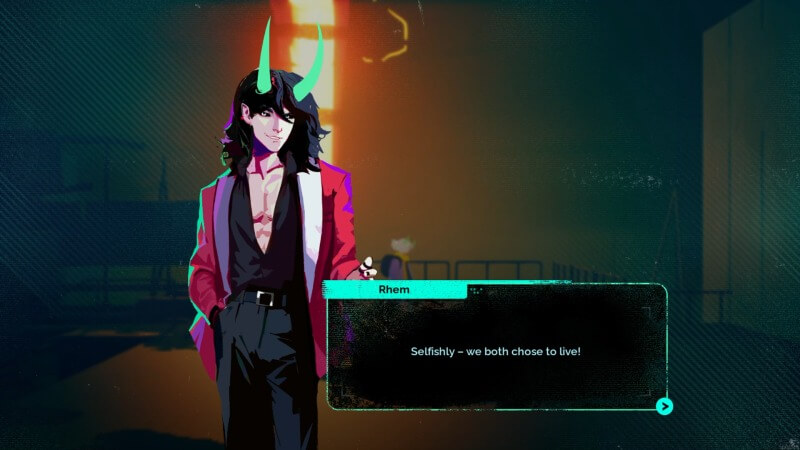
To start with what makes this quest trying at times, Possessor(s)’s world can sometimes feel designed to waste your time. While exploring a vast backdrop is the appeal of search-action games, the problem with this one is how it gates progression. Instead of preventing you from exploring a region by putting a barrier at the beginning, it will instead frequently put its blocker (like a door you can’t open) near the end of a long, relatively linear sequence—after trudging through congested hallways of floating skulls and nightmare rats, you’ll find out that you actually need some specific ability to you don’t have to finish the final chunk of the area which has the eyeball MacGuffin you’re seeking. Now you need to head back in a straight line and try a different route, only for that to very possibly end the same way.
While I’ll admit that I had a particularly unlucky run of it due to missing one specific area that very literally held the key that I was looking for, even after solving this long detour, I would frequently have to return to a section of the map, go deep in a straight line, only to hit another snag a little bit further past my last blocker. This is distinct from better-designed search-action games that are more like a labyrinth with numerous areas you can make actual progress in, with your progression slowly radiating out from the starting point, rather than this experience, which lets you explore various dead ends when there is frequently only one correct way to go. It certainly doesn’t help that the background art is mostly comprised of drab grays and browns, as this destroyed metropolis is rendered in a simplified 3D art style that doesn’t pop as much as the lively 2D character models. While the lo-poly look of the environments is cool in a vacuum, there is a visual repetition that eventually proves grating.
Thankfully, platforming and bashing feral demons proves rewarding enough to make the first trip through a particular biome largely enjoyable. Heavily inspired by platform fighting games like Super Smash Bros., you’re armed with agile dashes, a parry that looks just like the one in Smash Ultimate, and a quick movement speed that mitigates some of the repetition. The upgrades you receive only further increase the fun of moving through this space, even if many of the most enticing ones come a bit too late in this 12-15-ish hour ride.
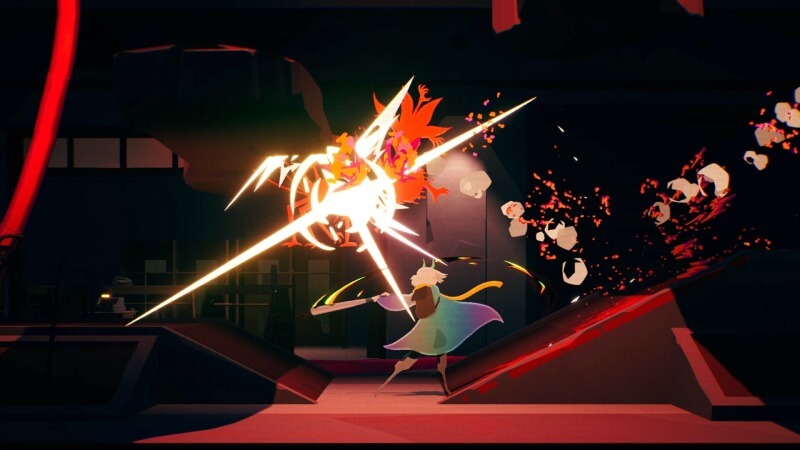
-

-

-

-

-

-

-

-

-

-

-

-

-

-

-

-

-

-

-

-

-

-

-

-

-

-

-

-

-

-

-

-

-

-

-

-

-

-

-

-

